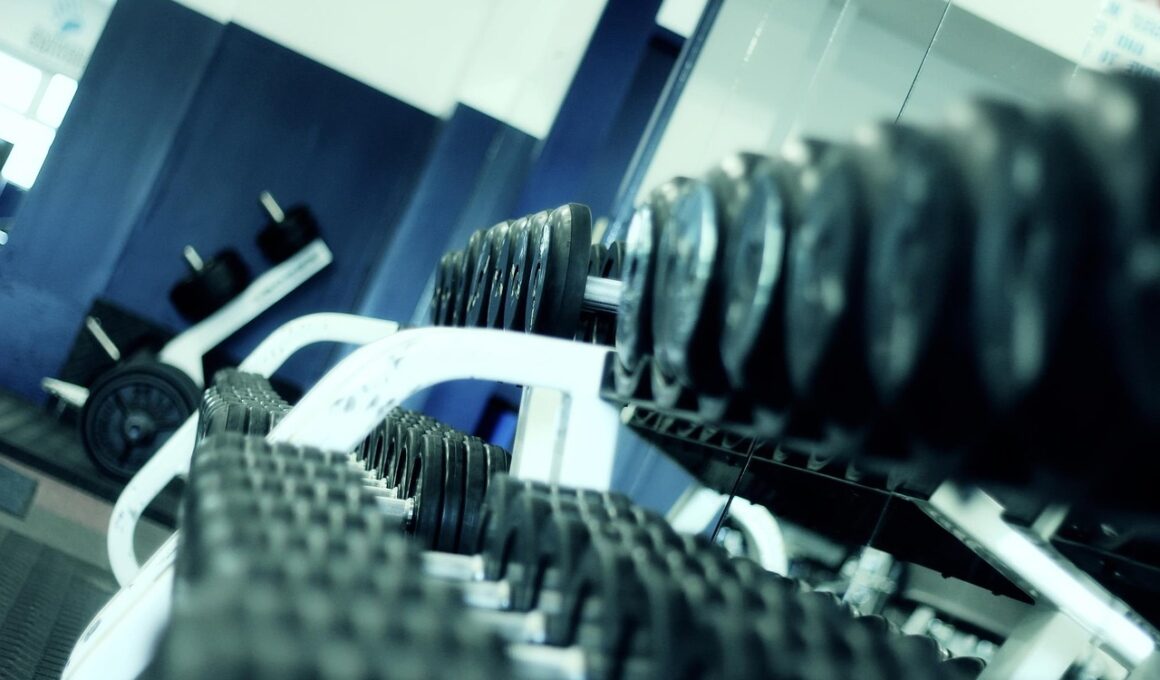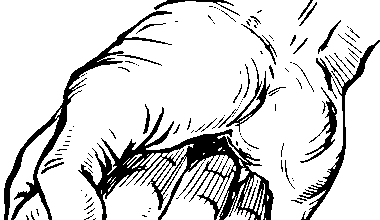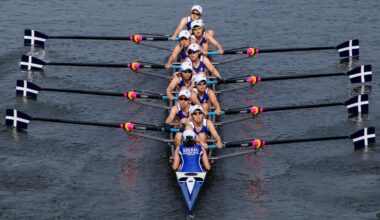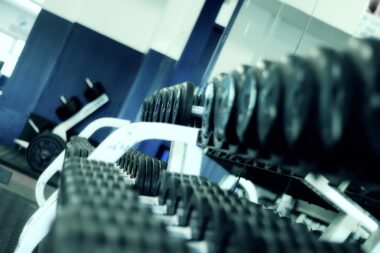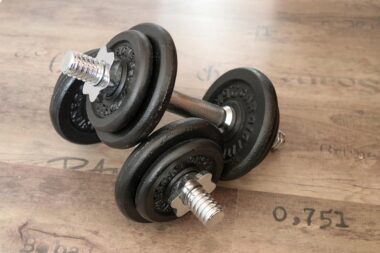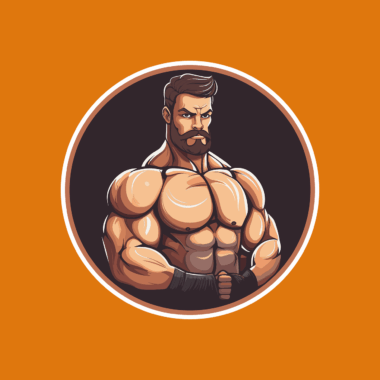Bulk Up Your Bookshelf: The Best Bodybuilding Books Reviewed
Bodybuilding is a fascinating journey that requires dedication, discipline, and the right resources. There are countless books dedicated to providing information on the best techniques, diets, and workouts for aspiring bodybuilders. With the right knowledge, you can maximize your gains and avoid common pitfalls. Whether you’re a beginner looking for some inspiration or an advanced athlete searching for innovative strategies, there’s a book out there for you. In this article, we’ll review some of the top titles that can enrich your fitness journey. From classic methodologies to modern approaches, these resources offer a plethora of information that can help redefine your bodybuilding routine. It’s essential to analyze various perspectives to tailor your journey. We will delve into how these books can not just change your training but potentially transform your entire lifestyle. Investing in a solid library of bodybuilding books is like investing in your physique itself. Let’s explore some notable authors and titles that could significantly impact your bodybuilding education.
Essential Bodybuilding Books
The first essential book on our list is “Body for Life” by Bill Phillips. This popular title introduces readers to a holistic approach to fitness, merging both physical training and nutrition. Phillips emphasizes the importance of a balanced diet alongside rigorous workouts to encourage readers to reach their full potential. The book contains detailed meal plans, recipes, and motivational strategies to help commit to a healthier lifestyle. Another notable entry is “The New Encyclopedia of Modern Bodybuilding” by Arnold Schwarzenegger. Known as the bodybuilding bible, this book offers an extensive overview of training techniques, anatomical insights, and coaching advice. Additionally, it chronicles Schwarzenegger’s own journey, serving as motivation for both novices and seasoned athletes. By outlining effective routines, this book helps readers understand how to build muscle effectively. Lastly, “Starting Strength” by Mark Rippetoe deserves a mention. This book places focus on the fundamentals of strength training, making it perfect for beginners looking to establish a solid foundation.
For those interested in the psychological aspects of bodybuilding, “The Mind-Body Connection” by Dr. John Ratey is a must-read. It discusses the impact of mental well-being on physical achievements, providing insights into how a positive mindset can enhance performance. Dr. Ratey examines the neurological effects of exercise on the brain, articulating how lifting weights can influence mood and mental health. This book highlights the essential role of mental resilience in pursuing bodybuilding goals. For dedicated athletes wanting to explore nutritional science, “Nutritional Timing” by John Ivy is incredibly valuable. Ivy discusses the significance of when to eat in relation to workouts for optimal muscle growth and recovery. His research underpins many modern nutritional strategies influential in the bodybuilding community. By implementing his advice on when to consume specific nutrients, bodybuilders can maximize their performance and progress. Each of these books provides unique information, applicable to different aspects of bodybuilding, enabling readers to create personalized training and diet plans.
Diverse Perspectives on Bodybuilding
One must not overlook “Burn the Fat, Feed the Muscle” by Tom Venuto. This book combines various elements including weight training, fat loss, and nutritional strategies into a cohesive plan aimed at achieving a lean physique. Venuto emphasizes balance, teaching readers how to refine their eating habits while still enjoying their dietary favorites. His unique approach to discussing fitness incorporates components of the psychology of change, enabling readers to adjust their mentalities towards fitness. Furthermore, it encourages individuals to set achievable goals and maintain motivation throughout their journey. Another noteworthy book is “The Bodybuilding.com Guide to Your Best Body”. This guide is an excellent resource for newcomers. It outlines workouts tailored for various fitness levels and explains fundamental techniques clearly, making it easily digestible for beginners. The authors also emphasize building a supportive community through the integration of the Bodybuilding.com website, fostering connections for guidance and motivation. The practical advice and actionable insights make this title a fantastic starter book for those dipping their toes into bodybuilding.
Another great resource is “Weightlifting for Beginners” by David Laid. This book breaks down essential techniques and routines with a focus that caters specifically to beginners. Laid shares his personal journey, detailing his transformation from a skinny teenager to a well-defined athlete. Alongside personal anecdotes, he provides helpful tips for mastering fundamental weightlifting moves. The visual examples and illustrations make it user-friendly, while the structured routine recommendations help beginners seamlessly transition into more advanced lifting practices. Equipping readers with both knowledge and confidence, this book serves as a perfect entry point into the world of bodybuilding. Moreover, exploring “Strength Training Anatomy” by Frederic Delavier helps understand the anatomy involved in workouts. Delavier provides detailed illustrations showcasing how different exercises engage specific muscle groups. This crucial understanding encourages proper form and technique, making it vital for avoiding injuries. Understanding muscle mechanics significantly enhances performance. These resources collectively advocate for a well-rounded approach to bodybuilding, demonstrating that knowledge and technique go hand in hand with physical strength.
Conclusion and Recommendations
As discussed, these books cater to various aspects of bodybuilding—from nutrition to mindset and training techniques. Whether you’re just starting or looking to enhance your existing knowledge, each author offers unique insights and exercises to amplify results. One cannot stress enough the importance of continuous learning in the world of bodybuilding. Applying principles from these books can significantly change the trajectory of your gym journey. Investing time into reading and understanding these concepts can lead to better training outcomes and informed decisions. Moreover, engaging with the bodybuilding community through resources such as Bodybuilding.com or forums can enhance your learning experience. Of course, reading should be complemented with consistent, dedicated training and nutrition. To fully reap the benefits of these resources, integrating lessons learned will pave the way for success. Remember to analyze your journey and embrace the changes that come from applying new techniques. Choose wisely which books resonate with you and align with your goals. Happy reading and training!
Finally, creating a balanced bookshelf that caters to all aspects of bodybuilding is vital for growth. As you dive into the wealth of information available in these recommended books, take notes and apply what you learn in your workouts. Tailoring a routine based on these teachings can yield significant benefits. From incorporating advanced workout techniques to mastering the nutritional science behind bodybuilding, having such a diverse library is an asset. Keep exploring new titles that emerge in the market, as advancements in science and training reflect the ever-evolving fitness landscape. Stay updated with recent studies to incorporate effective strategies into your regimen. Over time, revisit your favorite books and see how your perceptions may have changed as you gain experience. Lastly, consider sharing insights with your peers or even creating a small book club dedicated to bodybuilding literature. The collaborative learning experience could provide new angles and greater motivation.
Ultimately, knowledge is power, especially in bodybuilding. Engaging with literature allows a deeper understanding of the best practices that lead to success. As you build your knowledge base, always remain open to adjust your mindset and methods. Growth comes from adaptation and a willingness to embrace new techniques while discarding outdated practices. In conclusion, the journey of bodybuilding via education is one that pays off substantially. Equip yourself with these books, continuously learn, and witness how this knowledge transforms your physical capabilities and mental fortitude in the gym. Approach your bodybuilding journey with determination and curiosity, allowing the rich resources these books offer to elevate your journey to new heights.
